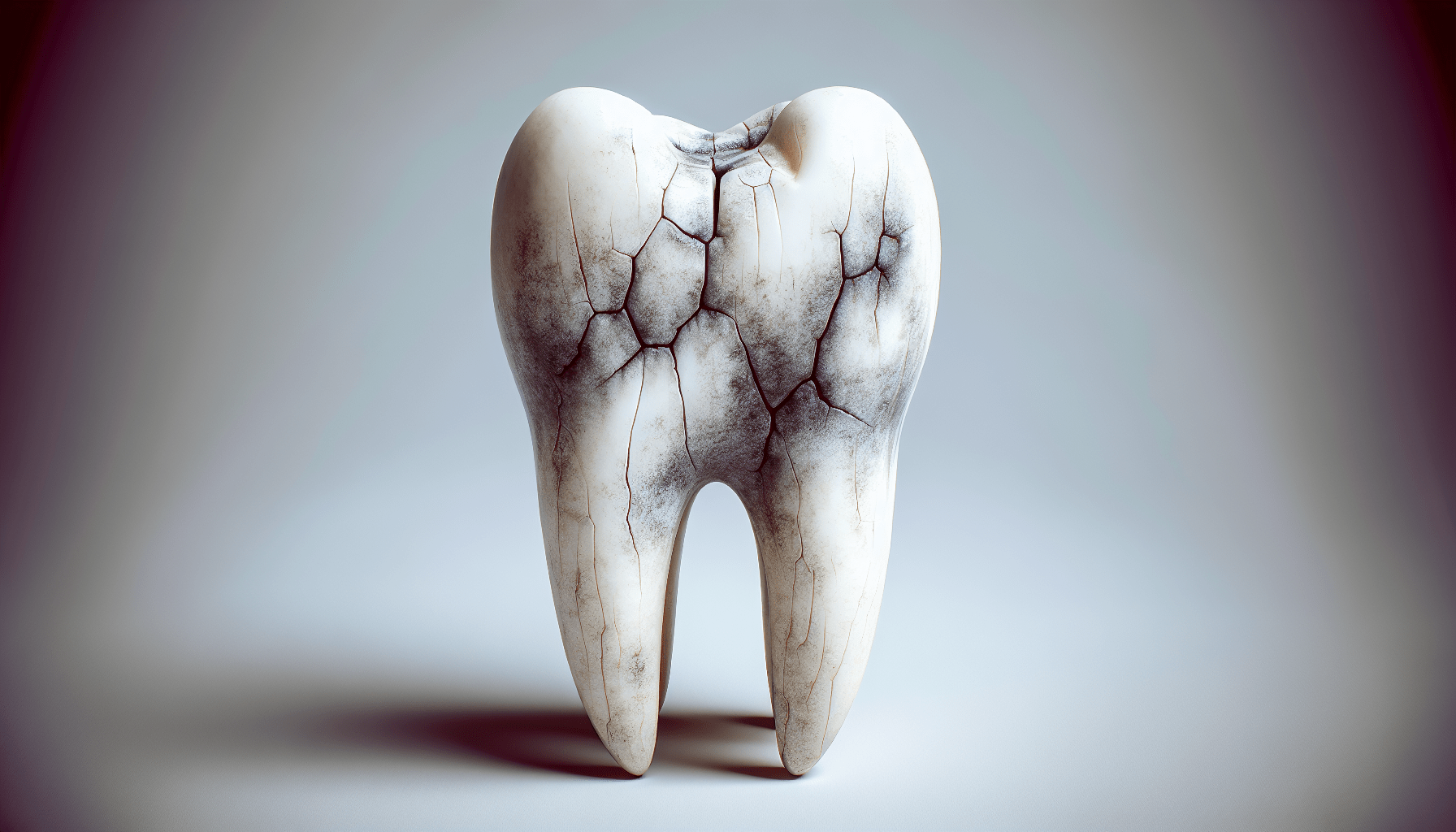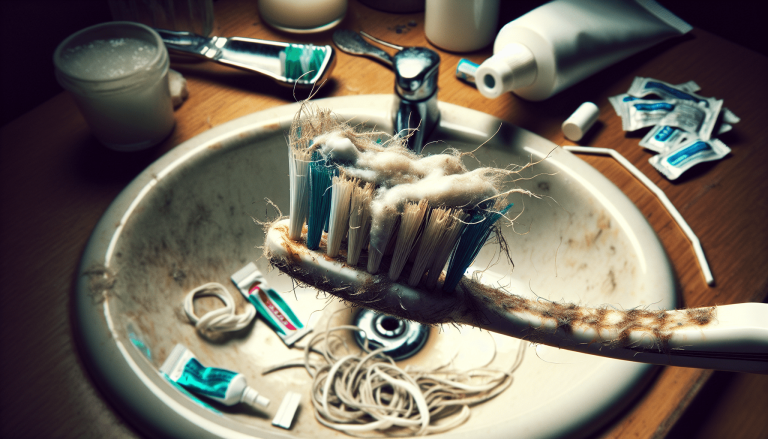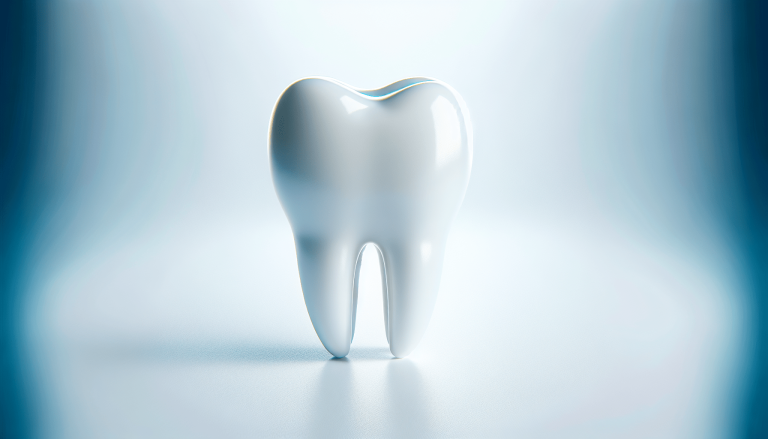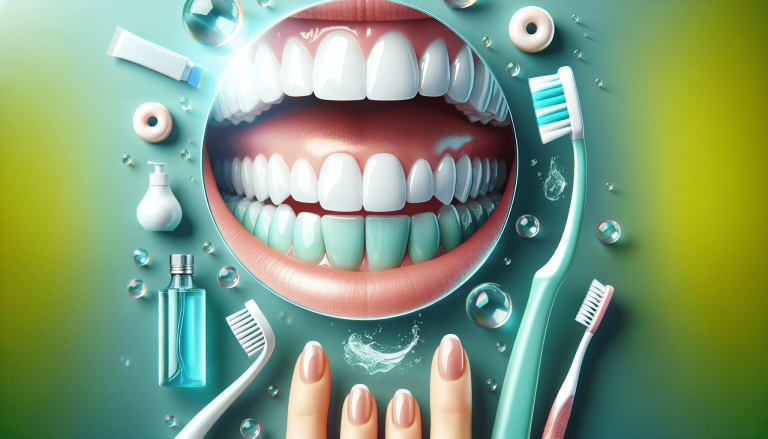Is It Possible To Fix Rotten Teeth?
Welcome to a journey into dental health! In “Is It Possible to Fix Rotten Teeth?” you’ll discover the transformative potential of modern dentistry. Rotten teeth can often seem like a daunting problem, but with today’s advancements, a range of effective treatments can restore your smile. From fillings and crowns to root canals and even implants, you’ll learn what options are available to regain both function and aesthetics. Say goodbye to the worry and hello to a brighter, healthier future for your teeth!
Have you ever wondered if it’s possible to fix rotten teeth? You’re not alone. Many people are concerned about the health and appearance of their teeth and don’t know where to start when it comes to addressing the issue of tooth decay.

What Are Rotten Teeth?
Rotten teeth refer to teeth that have been significantly damaged by decay and bacteria. This condition can lead to severe pain, discoloration, and even tooth loss if left untreated. Understanding what rotten teeth are can help you address the problem before it worsens.
Causes of Rotten Teeth
Several factors contribute to the development of rotten teeth. These include poor oral hygiene, a diet high in sugar, and neglecting regular dental check-ups.
Poor Oral Hygiene
If you skip brushing and flossing, plaque and bacteria can build up on your teeth, leading to decay. It’s essential to maintain a regular and thorough oral hygiene routine to prevent your teeth from rotting.
Diet High in Sugar
Foods and drinks high in sugar can contribute significantly to tooth decay. Sugar interacts with the bacteria in your mouth to produce acids that erode tooth enamel, leading to cavities and, eventually, rotten teeth.
Neglecting Regular Dental Check-Ups
Regular dental check-ups can catch early signs of tooth decay before they become serious. Failure to visit the dentist regularly can mean small issues worsen over time, leading to rotten teeth.
Symptoms of Rotten Teeth
Recognizing the symptoms of rotten teeth can help you seek treatment earlier. Common symptoms include:
- Persistent Tooth Pain: Ongoing pain in a tooth could indicate decay.
- Discoloration: Rotten teeth often appear yellow, brown, or black.
- Bad Breath: A constant bad breath that doesn’t go away with proper oral hygiene may be due to decaying teeth.
- Swollen Gums: Infection from decay can cause your gums to swell.
- Sensitivity to Foods and Drinks: If hot, cold, or sweet foods and drinks cause discomfort, it could be a sign of tooth decay.
Is It Possible to Fix Rotten Teeth?
You might be relieved to know that, yes, it is possible to fix rotten teeth, depending on the severity of the decay. Treatments range from simple fillings to more complex procedures like root canals and crowns.
Minor Decay: Fillings
For minor decay, fillings are often the best solution. Your dentist will remove the decayed portion of the tooth and fill it with a material such as amalgam or composite resin.
Types of Fillings
| Type | Material | Durability | Aesthetic |
|---|---|---|---|
| Amalgam | Alloy of mercury and metal | Very durable, lasts 10-15 years | Less aesthetically pleasing, silver in color |
| Composite Resin | Tooth-colored plastic and glass | Moderately durable, lasts 5-7 years | Matches tooth color, almost invisible |
Moderate Decay: Inlays and Onlays
When decay is too extensive for a regular filling but not significant enough to require a crown, inlays and onlays might be the solution. Both are custom-made to fit your tooth and provide a durable and aesthetically pleasing solution.
Severe Decay: Crowns
In cases where a large portion of the tooth is decayed, a crown (or cap) may be necessary. Crowns cover the entire tooth to restore its shape, size, and function.
Types of Crowns
| Type | Material | Durability | Aesthetic |
|---|---|---|---|
| Porcelain | Ceramic | Very durable, ideal for front teeth | Matches natural teeth, highly aesthetic |
| Metal | Gold or other metal alloys | Extremely durable, ideal for back teeth | Less aesthetically pleasing, metallic in color |
| Porcelain-fused-to-metal | Metal base with porcelain cover | Durable, ideal for all teeth | Matches natural teeth, moderately aesthetic |
Significant Decay: Root Canals
If the decay has reached the pulp (the innermost part of the tooth containing nerves and blood vessels), a root canal might be necessary. In this procedure, the infected pulp is removed, and the tooth is cleaned and sealed.
Extreme Decay: Extractions
In extreme cases, where the decay is so severe that the tooth cannot be saved, extraction might be the only option. After an extraction, options like implants, bridges, or dentures can help restore the function and appearance of your mouth.
Preventing Tooth Decay
While it’s good to know that rotten teeth can be fixed, prevention is always the best approach. Here are some tips to help you maintain healthy teeth and avoid decay.
Maintain Good Oral Hygiene
Brush your teeth at least twice a day and floss daily. Use a fluoride toothpaste to help strengthen your teeth and prevent decay.
Regular Dental Check-Ups
Visit your dentist regularly for check-ups and cleanings. This will help catch early signs of decay and address any issues promptly.
Healthy Diet
Avoid sugary foods and drinks, and try to eat a balanced diet rich in vitamins and minerals. Foods high in calcium, like dairy products, can help maintain strong teeth.
Use Mouthwash
An antibacterial mouthwash can reach areas your toothbrush can’t, helping to reduce plaque and prevent tooth decay.
Chewing Sugar-free Gum
Chewing sugar-free gum can help increase saliva flow, which neutralizes acids produced by bacteria and helps clean your teeth.
Advanced Preventative Measures
Sometimes, more advanced preventative measures are necessary, especially if you are prone to tooth decay.
Dental Sealants
Sealants are a thin coating applied to the chewing surfaces of the back teeth. They can help prevent cavities in hard-to-reach areas.
Fluoride Treatments
Your dentist might recommend periodic fluoride treatments to help strengthen your tooth enamel and resist decay.

Conclusion
Addressing the issue of rotten teeth can seem daunting, but with the right information and proactive measures, it’s entirely possible to fix and prevent tooth decay. Remember, maintaining good oral hygiene, visiting your dentist regularly, and adopting a healthy diet are your best defenses against rotten teeth. Whether you’re dealing with minor decay or severe dental issues, there are treatments available to help restore your smile and oral health.
Additional Resources
It may sound odd but it is scientifically proven… According to an independent Chicago-based doctor, rubbing these newly discovered algae on your gums and teeth is all you need to do to fix all your dental issues, from gum bleeding and tooth rotting to bad breath and cavities.
This inexpensive method is now being acclaimed by scientists at Cambridge University and the University of Illinois as being “unbelievably effective”.
These amazingly efficient blue algae work by reconstructing your enamel (the outer layer of your teeth)…
Making them 20x stronger than a normal tooth… Like a titanium shield against cavities, root infection and erosion.
Some say their teeth are now sturdier than a dental implant…
Click here to find out how easy it is to get these blue algae and start your teeth and gum reconstruction today.






